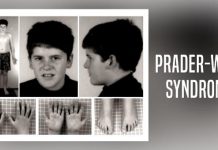Agoraphobia is an anxiety disorder, in which people experience symptoms of panic from being in public places, particularly places where there are likely to be crowds. People suffering from agoraphobia can experience severe anxiety, or they may suffer from extreme worry, which ultimately leads to panic attacks.
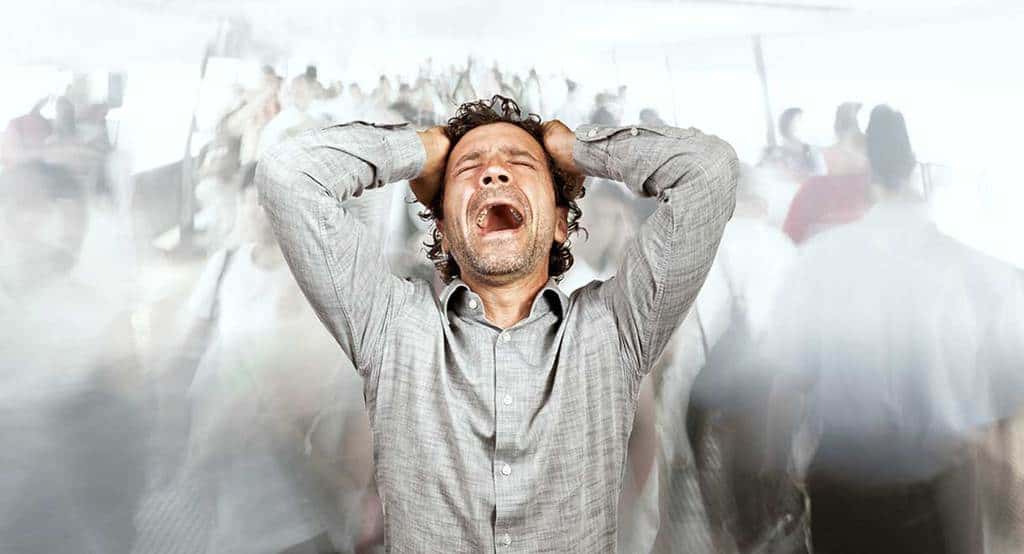
These experiences may cause some agoraphobics to become home-bound. Fear and anxiety can literally leave these individuals trapped inside the home.
Symptoms of Agoraphobia
Agoraphobics have a fear of being in a public place, or often being in a place without easy exit, such as an elevator or a subway.
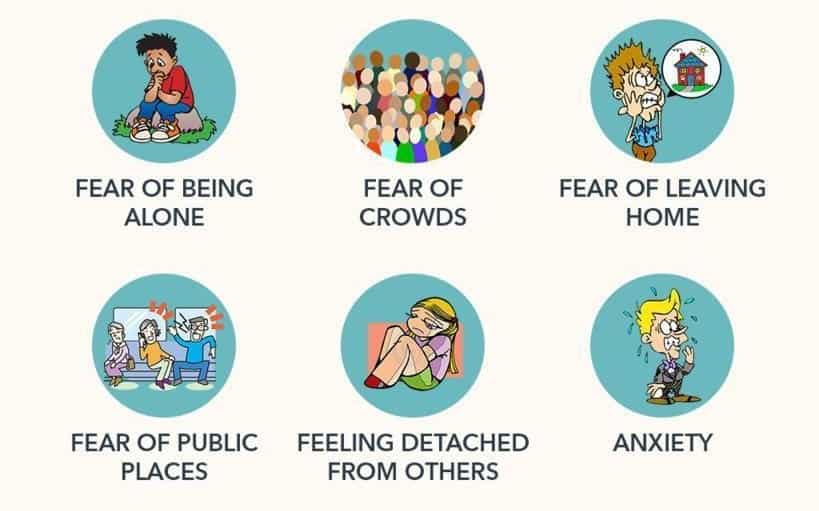
Agoraphobics often feel a sense of helplessness or over-dependence on other people. Since agoraphobia is an anxiety disorder, agoraphobics may also experience symptoms similar to that of a panic attack, including:
- rapid breathing
- lightheadedness
- sweating
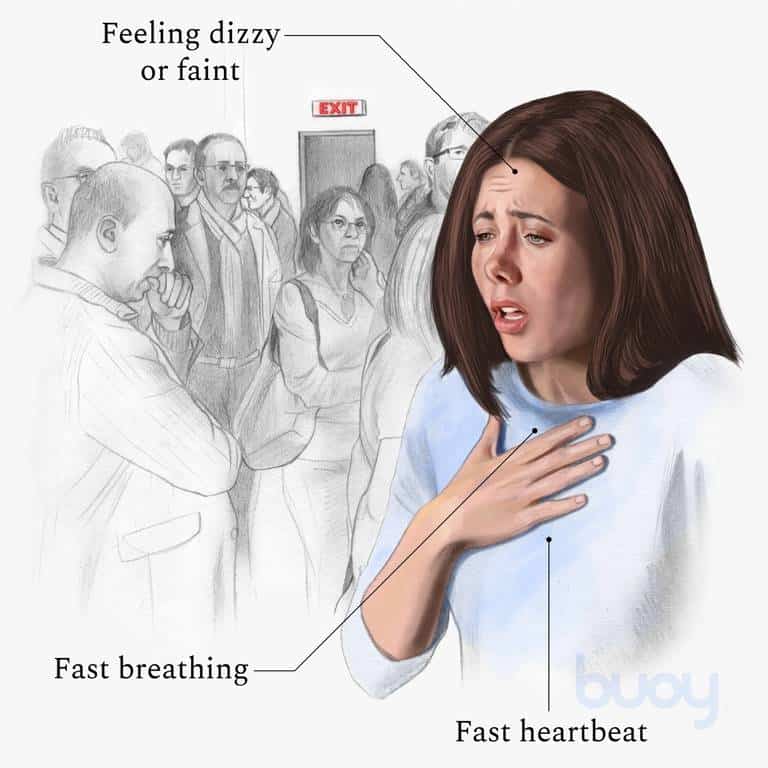
- rapid heartbeat
- gastrointestinal distress, including nausea, vomiting, or diarrhea
- chest pains
Patients with agoraphobia are terrified of having a panic attack while in a public or crowded place.

Agoraphobia interferes severely with the lives of sufferers, making it difficult for them to leave the house for work, school, or social reasons. Agoraphobics may depend on others to help them accomplish the tasks of daily life.
Causes of Agoraphobia
Although health professionals aren’t always sure what causes a person to develop agoraphobia, some feel that it is a complication of panic disorder. A patient who has panic attacks begins to associate the anxiety attacks with the situation in which the attack occurred.
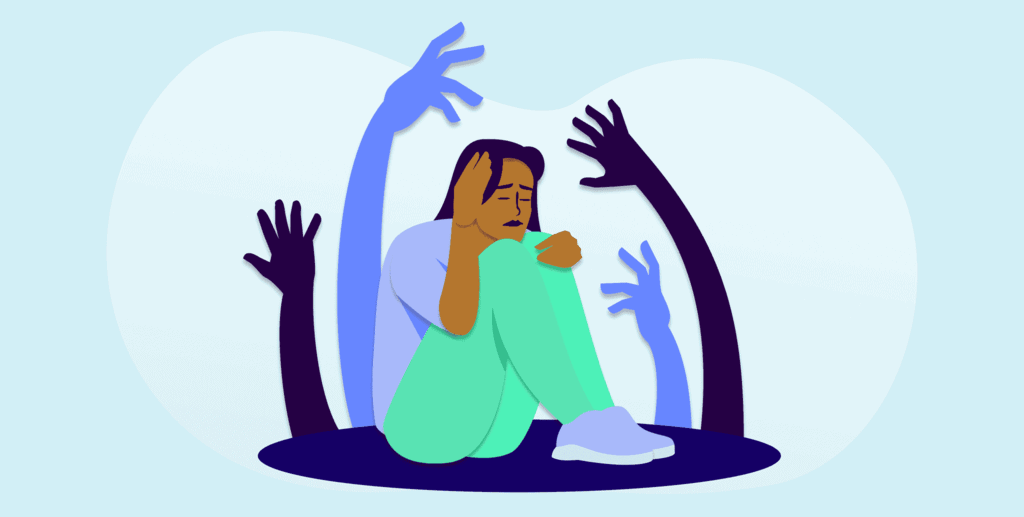
In an effort to avoid panic attacks, the person may avoid situations or places where panic attacks have occurred in the past. Some patients become so fearful, they essentially become trapped in the house due to fear. Other patients may have “safe zones” – routes and places that they can visit with minimal anxiety. Often, agoraphobics feel like they must be accompanied by a friend or family member.
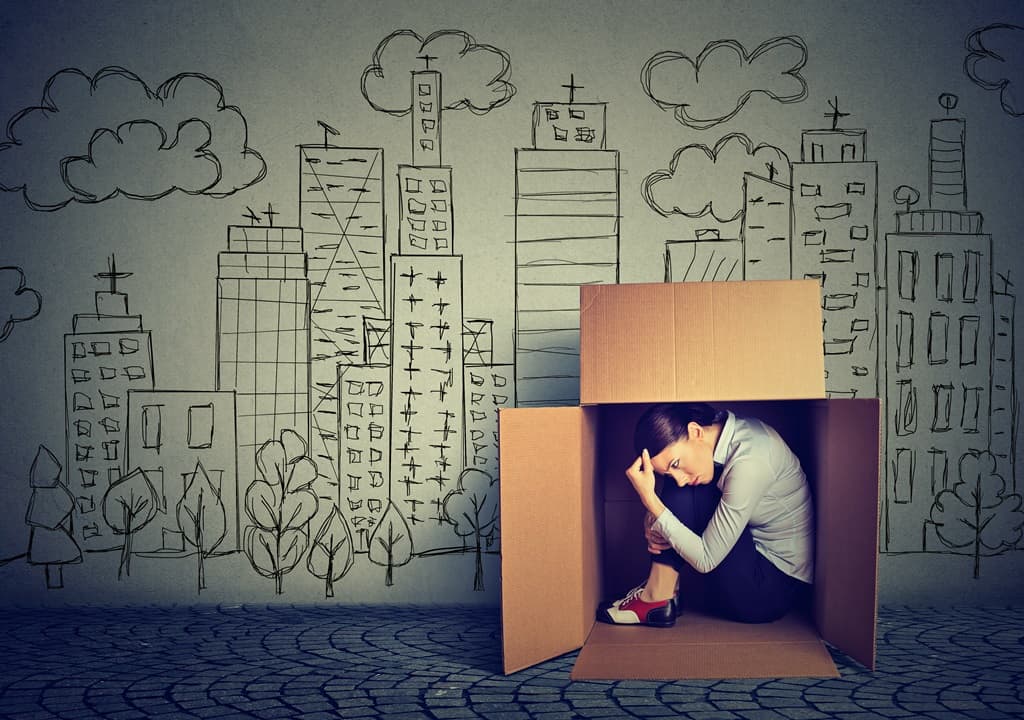
There are also certain factors that seem to predispose patients to developing agoraphobia, including a panic disorder diagnosis, experiencing sexual or physical abuse during childhood, and struggling with substance abuse. Women seem to be affected by agoraphobia more often than men.
Treatment For Agoraphobia
Patients with agoraphobia can be helped by both medication (both antidepressant and anti-anxiety medications may be prescribed), and by cognitive behavioral therapy.
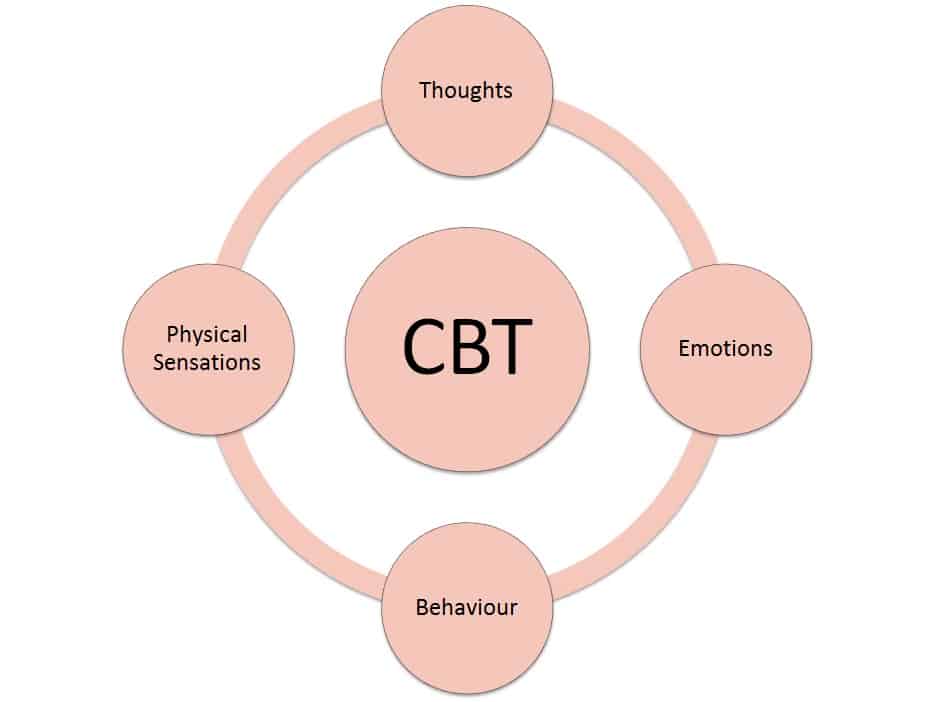
Many therapists specializing in agoraphobia treatments will agree to begin working with the patient in their home, or in one of their safe zones.
Agoraphobia Support
Agoraphobia treatment can be a lengthy process, and agoraphobic patients must confront their fears if they are to be successful in treatment. Patients should seek support from a therapist, a doctor, and from friends and family.

Patients can also provide self-support by taking their medication as prescribed, learning relaxation techniques, and by implementing a healthy diet and exercise routine.







